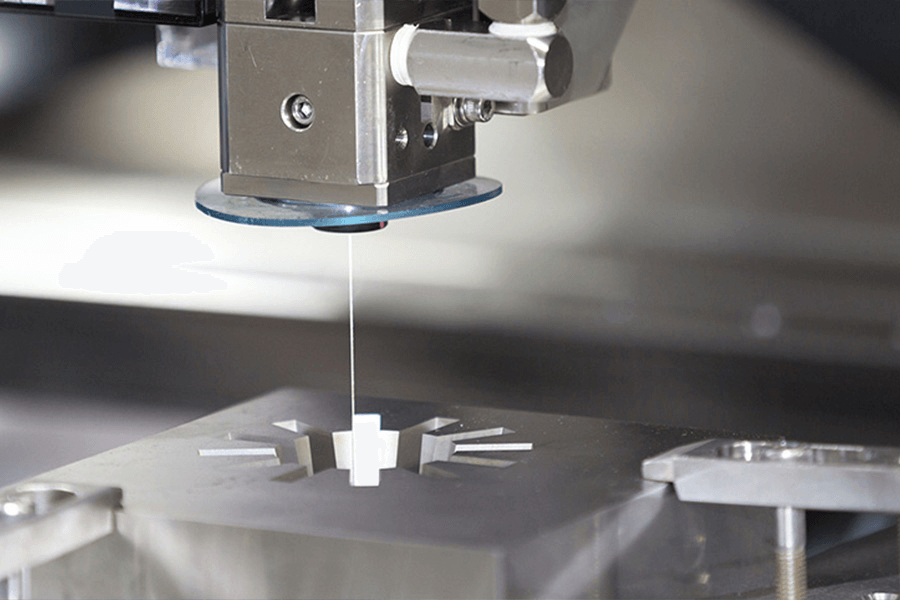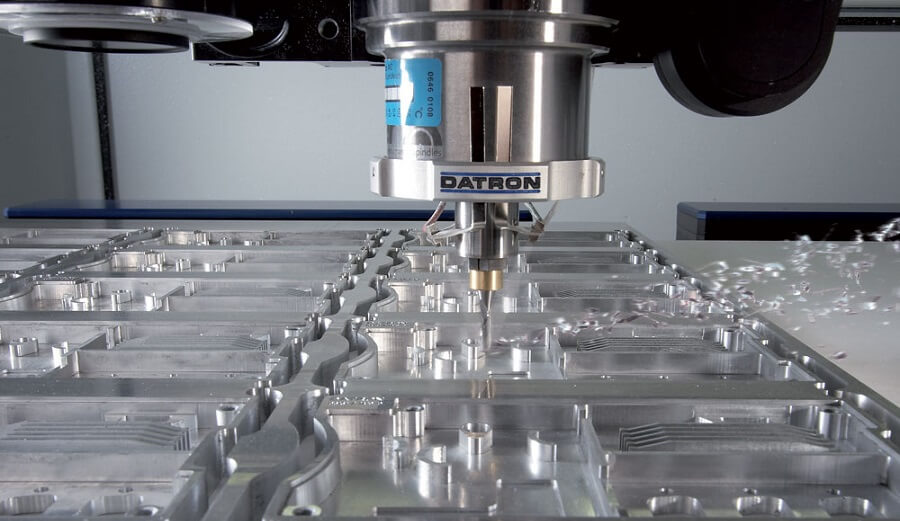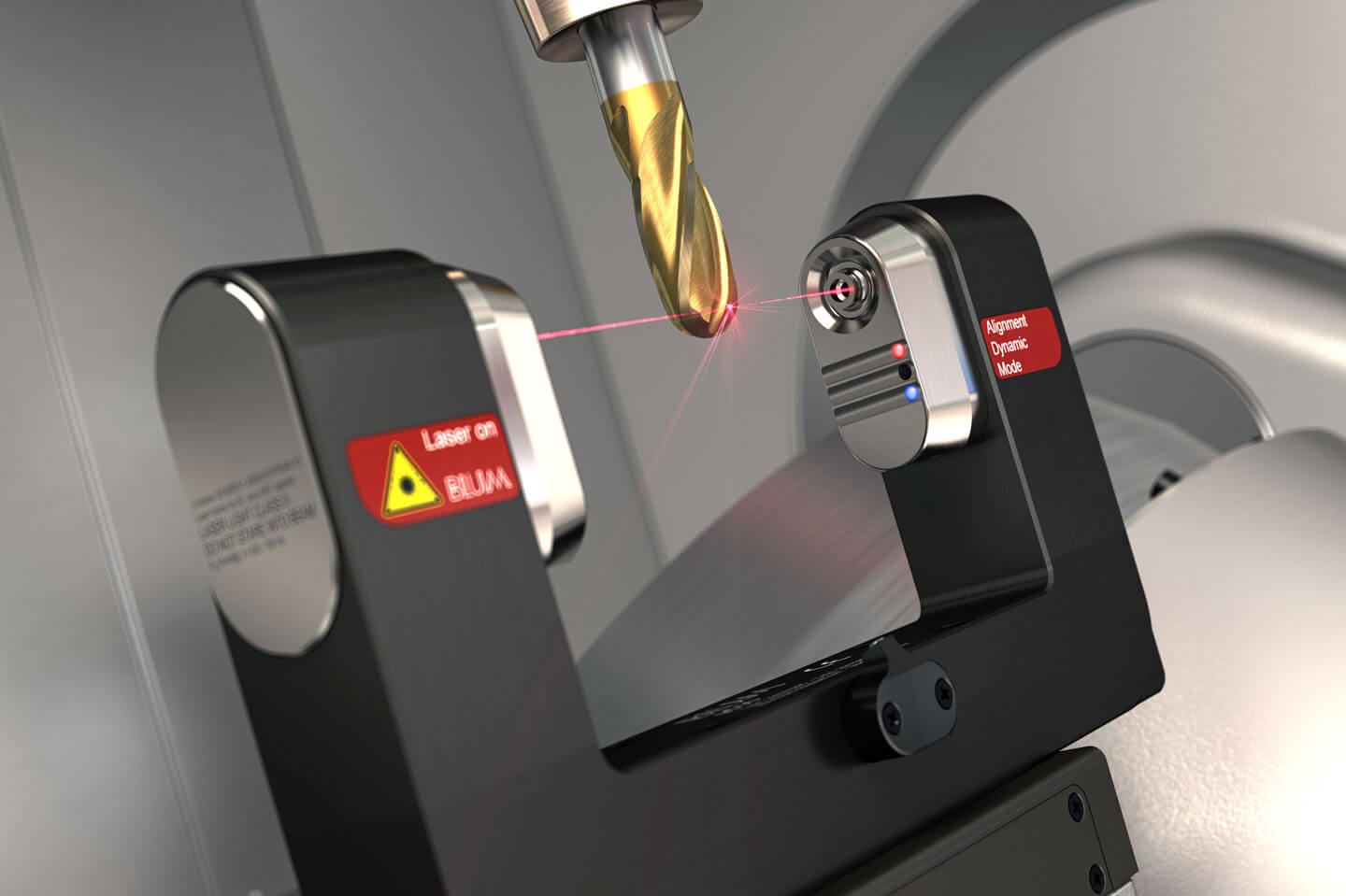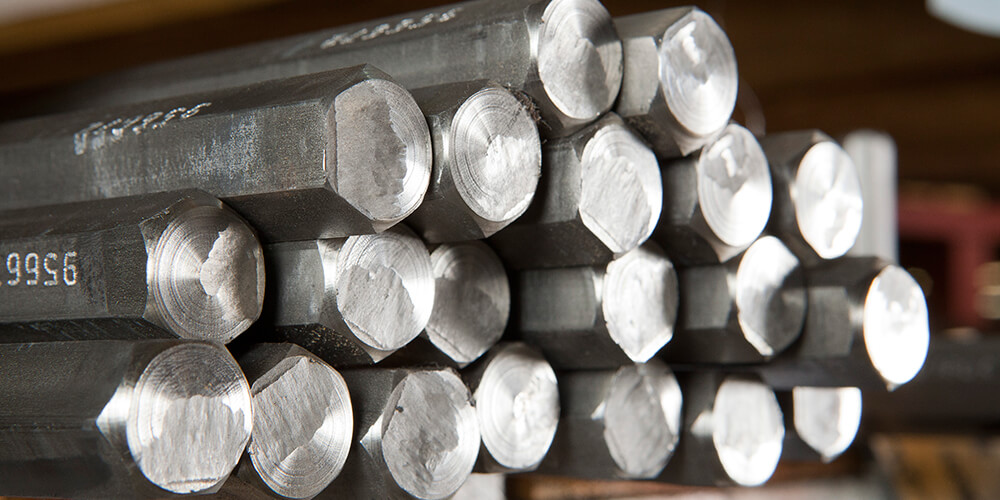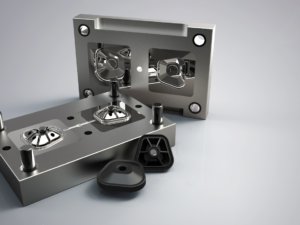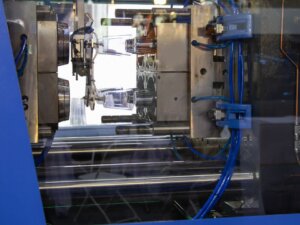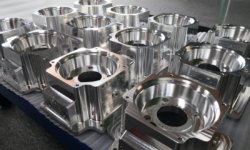Precision manufacturing is one of the biggest advances in manufacturing in recent times.
Unlike some of the other trends in the industry, precision manufacturing has the potential to completely revolutionize how a range of industries operate, allowing to cut costs while simultaneously increasing efficiency, tightening tolerances, and providing a more reliable way of producing parts.
The technology has shaped a wide range of industries, including automotive, aerospace, and medicine, and as more companies discover opportunities for using it, precision manufacturing might become even more prominent than it is today.
But why is precision manufacturing so effective? And how can it help you make better products?
To answer these questions and to provide a better understanding of how the technology can be used, let’s look at some of the biggest advantages that it can offer when creating your products.
Impeccable Precision
As the name itself implies, precision manufacturing technology allows producing parts and products with an accuracy that’s hard to match by most other methods.
Entire industries have made leaps forward because of it, as precision manufacturing enabled companies to produce parts with very tight tolerances in fields where even the slightest deviation was not an option.
And even if you aren’t creating products in industries where you need absolute accuracy, it’s still essential to have a reliable and affordable method for production that can provide you with the same copy of a design every single time.
The technology also has excellent options for automation, utilizing precision machining technology to reduce the need for manual labor and minimize the chances of human error, which further adds to the precision and accuracy of the approach.
In fact, CNC machining large parts is also not out of the question, as savvy engineers can use the technology to produce larger products, further expanding the capabilities and applications of the technology.
Fast Turnaround
Because of advanced software capabilities that modern precision manufacturing uses, the turnaround time has been significantly reduced, as the combination of software and machining solutions have made going from a design to a finished product a much simpler and more manageable process.
Using advanced design and manufacturing tools, manual work can be significantly reduced. That means that the design process that used to take months to complete can now be achieved in months or even weeks, completely changing how companies approach production and map out their product launch schedule.
The automated processes use CNC machining technology to perform repetitive tasks with impeccable accuracy each time, producing parts with tight tolerances, and ensuring that the components remain consistent even when doing larger runs.
Once everything is set up, you can use precision manufacturing to produce large amounts of products quickly, as the machines require little supervision and can work automatically, replicating the same model over and over again round the clock.
Lower Costs
Manufacturing parts with tight tolerances is a costly process. That’s especially true in some of the more demanding industries that require impeccable precision with every single part that is produced.
However, with advances in precision manufacturing technology, even tight tolerances have become much more affordable, allowing companies to achieve much better results for the same or even lower price than they would have to pay ten or twenty years ago.
Using CNC machining technology has a range of advantages that allow cutting costs at various stages of the development process.
Advanced software makes designing the part and ensuring its structural integrity much easier, not only because of advances in the technology itself but also because it’s now possible to quickly produce prototypes that can be tested out and tweaked based on the findings.
What’s more, precision manufacturing requires less manual labor, which means that there are fewer people involved in the project, and many repetitive tasks can be automated on a large scale. This also allows precision manufacturing companies to offer more competitive prices and provide more flexibility to their clients, further increasing the popularity of this type of manufacturing.
Because of the same automation, human error probability is also reduced, meaning less costly mistakes that could potentially inflate the budget with additional expenses.
Finally, the CNC machining technology itself works in a way that produces minimal waste. Because of that, material requirements are lowered, passing on the savings to the clients, and providing the opportunity to use a broader range of more expensive materials in the production process.
Easier Testing & Prototyping
Testing is an integral part of launching any successful product. No matter how well-crafted the initial design, in most cases, at least some changes and tweaks will be required to ensure consistent performance and the necessary durability.
And unfortunately, with some production methods, that can be a hassle, with prototype production taking a long time, being limited in the types of materials that can be used, and inflating costs to the point that it becomes unpractical.
Luckily, none of these problems arise when using precision manufacturing technology.
It offers flexible product development opportunities and enables companies to explore various niches and options for their products, quickly producing prototypes using a range of materials and allowing to test their performance without any restrictions.
The rapid prototyping capabilities are one of the biggest selling points for the CNC machining technology, as it not only has low tooling costs, which provides more flexibility but also significantly cuts down on waiting times.
Instead of the prototype serving as a mere concept, it can be produced to be fully functional and using the necessary materials, including metal prototyping. Because of that, if the tests prove it is a viable product, then full-scale production can begin almost immediately, saving the company time and allowing it to take advantage of the favorable circumstances as soon as possible.
As you can imagine, having a ready-to-go and fully functional prototype that you can use in action can make for a much more convincing pitch to your investors or stakeholders, making selling the product much easier than if you simply had a concept that served as little more than a placeholder.
Wide Range of Materials
Precision manufacturing is used to produce both standalone parts, as well as various components of machinery or products, which is why it’s not surprising that a wide range of materials is necessary depending on the industry, the requirements for the product, and practical considerations such as the budget.
Luckily, the technology is quite flexible and enables the production of parts from various materials, which is why it’s used both in high-tech industries and in the development of consumer-level products.
But what types of materials can you use?
Well, stainless steel is an always popular option, as it provides additional durability and resistance to various environmental factors. However, it has drawbacks as well – depending on the finishes, the qualities of the part can be significantly altered, and the price of production will also vary on the grade of the materials that are used.
For some of the most challenging products and parts, titanium can offer unmatched durability and resistance, being relatively light while having incredible strength properties. But once again, the biggest drawback is the high cost, as well as the additional challenges that come with trying to machine it.
When you need a light-weight option that’s easier to manage and more affordable, you can’t go wrong with aluminum, which is actually becoming more popular than steel because of the range of benefits that it can offer.
If you opt for an experienced manufacturing company like 3ERP, the technicians can ensure that the parts produced using aluminum will be consistent, meet tight tolerance requirements, and have the necessary performance capabilities.
Basic and engineered plastics can also be useful, as they are easy to modify and affordable, which is why it is widely used not only in consumer-level parts production but also in more high-tech fields like medical devices or aerospace.
And with engineered plastics, you can get some of the same qualities of steel and other more expensive materials at a lower cost, which has made it a growingly popular option in a range of industries.
Some of the other materials that are popular when using precision manufacturing technology include copper, brass, and steel, just to name a few. Still, different variations of the elements listed above are not uncommon.
The bottom line is that with precision manufacturing, an experienced services provider can take almost any project and make it a reality while meeting strict tolerances, managing client budgets, and ensuring that the production deadlines are met.
